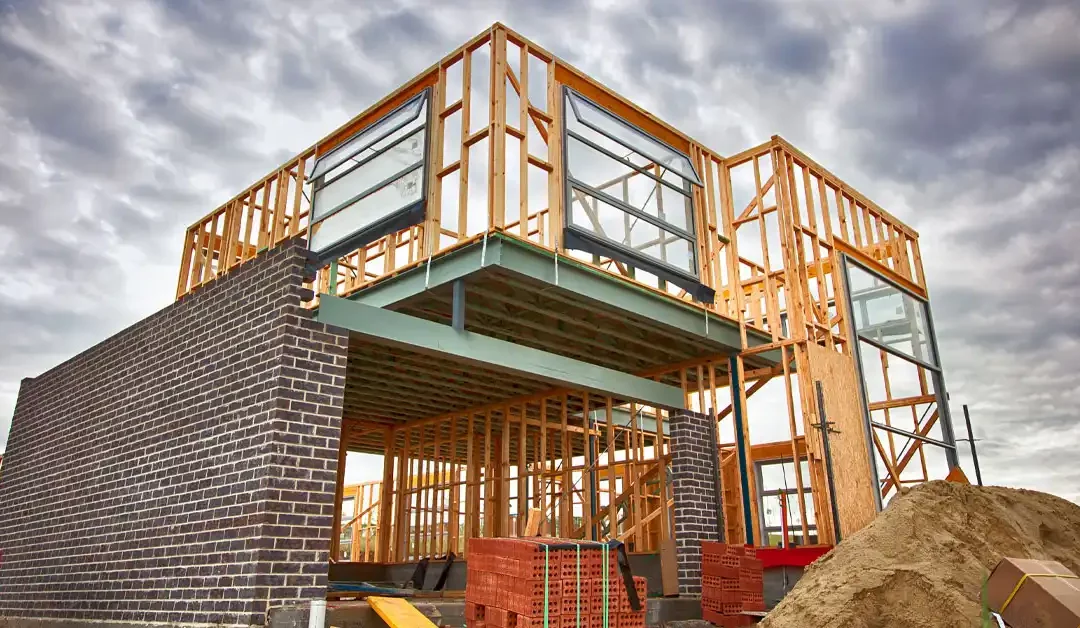Cost plans aren’t just for large-scale builds. Learn how builders of all sizes use them to improve quoting and protect margins.
How Cost Plans Help You Win Jobs (and Keep Them Profitable)
In today’s competitive construction environment, winning jobs isn’t just about offering the lowest price—it’s about demonstrating value, expertise, and reliability. That’s where a detailed cost plan becomes a game-changer. A cost plan doesn’t just help you submit better tenders—it sets the foundation for a profitable and well-managed project from start to finish.
What Is a Cost Plan?
A cost plan is a comprehensive financial breakdown of a construction project. It forecasts all costs associated with labor, materials, equipment, overheads, and contingencies based on the project’s scope and specifications. Unlike a rough estimate or quote, a cost plan is structured, detailed, and often developed in phases—starting from conceptual design through to final construction documentation.
The Role of Cost Plans in Winning Jobs
-
Builds Trust With Clients
A professionally prepared cost plan shows potential clients that you understand their project, have considered all variables, and can deliver with confidence. It signals professionalism and builds trust right from the start. -
Enhances Bid Accuracy
Instead of guesswork or general pricing, cost plans are grounded in real data. This allows you to submit competitive bids that reflect actual project conditions—making it easier to win tenders without undercutting your profit. -
Clarifies Scope and Reduces Miscommunication
Cost plans clearly define what’s included in your price. This minimizes scope creep, reduces disputes, and ensures both parties are aligned on deliverables—making your proposal more attractive.
How Cost Plans Keep Your Projects Profitable
-
Forecasts Risks and Contingencies
A good cost plan accounts for unknowns—such as price increases, weather delays, or site conditions—by allocating a realistic contingency. This protects your margin when unexpected costs arise. -
Controls Budget Throughout the Build
Cost plans act as a financial benchmark, allowing you to track actual spend against forecasts. This helps project managers make informed decisions, identify overruns early, and adjust strategies accordingly. -
Improves Supply Chain Planning
With a clear breakdown of materials and timelines, you can coordinate procurement more effectively—taking advantage of early orders, bulk pricing, and reduced wastage. -
Supports Cash Flow Management
Knowing what costs are coming—and when—allows for better scheduling of payments and resources. This helps prevent cash flow issues that can stall a project or damage supplier relationships.
Common Mistakes to Avoid With Cost Plans
While cost plans are essential, they must be done properly to be effective. Avoid these pitfalls:
-
Using outdated pricing or generic rates
-
Not updating the plan as the design evolves
-
Ignoring small items that can add up over time
-
Rushing the process to meet a tender deadline
-
Not involving experienced estimators or quantity surveyors
When Should You Prepare a Cost Plan?
Ideally, a cost plan should be developed as early as possible—during the feasibility or design development stage. This allows the client and the construction team to make informed decisions about design changes, materials, and procurement strategies while there’s still flexibility.
If you’re coming into a project late, a cost plan can still add value—helping guide decisions during construction, prevent overspending, and manage expectations.
Final Thoughts: Invest in the Plan, Protect the Profit
Cost planning isn’t just a formality—it’s a strategic tool that aligns your pricing with reality and your performance with profitability. Builders and contractors who invest the time and expertise into proper cost planning don’t just win more work—they deliver better results and build stronger reputations.
In short: cost plans don’t just help you win jobs—they help you keep them profitable.

